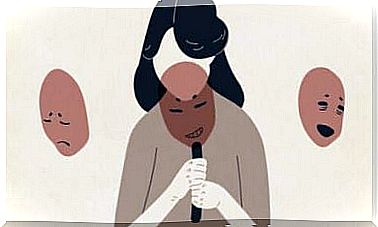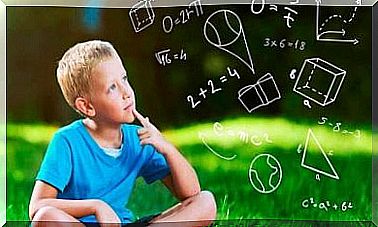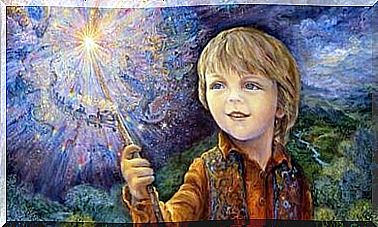The Relationship Between Play And Child Development
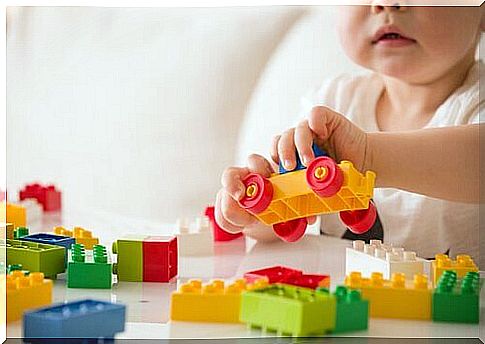
Playing is something children do naturally. At first glance, the ability to play does not seem to serve any purpose beyond that of fun and entertainment. But a few decades ago, psychologists began to wonder if that was really the case. Ever since then, educational psychologists have examined the relationship between play and child development.
This is an important aspect we need to understand. From a developmental perspective, the performance of the actions we enjoy is more than just for pleasure. From this perspective, if something gives pleasure, it is because it is often useful for our development.
According to this rationale, play must play a function or be a tool. In addition, studies show that if a child has very limited hours of play in childhood, they usually become very ill-adapted adults.
When it comes to looking at the connection between play and children’s development, we must open our minds to different theories. These theories are quite different in terms of the evidence that supports them. But if we want to understand the complex relationship between play and child development, we must take a broad perspective and take into account all available data.
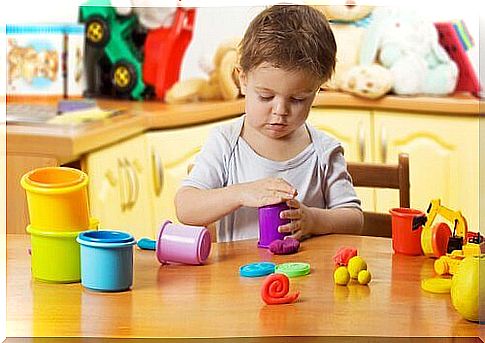
Theoretical perspectives on play and children’s development
One of the first authors to study the subject was Karl Groos. He saw play as a kind of pre-exercise necessary to reach psycho-physiological maturity, and linked it to growth. Play is a type of preparatory exercise to enable the development of certain functions.
Physical play facilitates physical development, while mental play prepares the child for his social life. In addition, since play is performed in a safe environment, the child can practice skills without being in danger.
Another completely different point of view is Freud’s. From the psychoanalytic point of view, play is closely linked to the expression of our unconscious impulses. This will allow a person to satisfy his unsatisfied desires in real life.
This theoretical perspective, although it may seem attractive, has very little scientific evidence to support it. It also violates the principle of frugality that science governs.
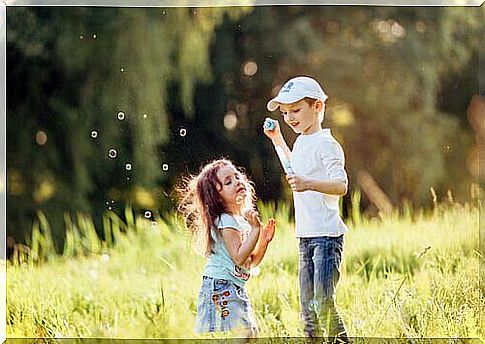
Play as a social activity
For Vygotsky, play is a social activity where the most important aspect is cooperation between members. Thanks to this collaboration, each of the participants learns to take on a role ( assumption of roles ), a central aspect of adult life.
Vygotsky focused only on the symbolism of play. He pointed out how simple objects can take on new meanings in play, a good example being that a brush or broom becomes a horse. We can see that he has a socio-constructivist perspective, since the main function of play for him is to learn to share roles and meanings.
Another author who theorized about play was Jerome Bruner. According to him, play is related to immaturity that humans are born with. This means that we can produce a number of very different types of behaviors, thus helping us to be very flexible and adaptable.
Play is therefore very useful for experiencing all of these behaviors. It also helps us learn to adapt to our cultural environment. By doing this in a playful context, a person is free from pressure and can experiment. At the same time, it minimizes possible negative consequences.
Piaget, one of the great developmental psychologists, also wrote about play. His perspective is that play is no different than non-playful activities. In his eyes, play would be an adaptive action where the child learns about reality and, in a way, controls it. It is very much related to the concepts of assimilation and accommodation that Piaget developed.
The importance of play
There are many different perspectives on the purpose of play. But the significance of the connection between play and children’s development is clear. In addition, another point we should mention is that the different perspectives are not incompatible with each other. The relationship between play and children’s development can be diverse and enriching.
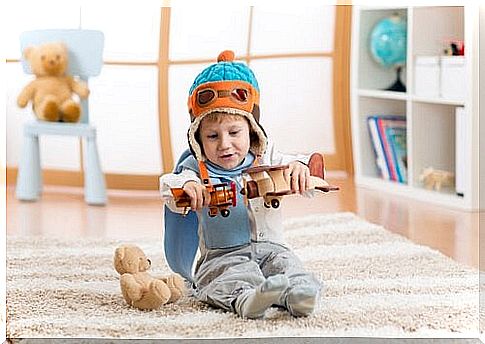
Now that we know the different possibilities that playing opens up for a child, we can understand its relevance. If play does not exist in a child’s life, it can affect their physical, mental and social development. Therefore, leisure activities are crucial in our children’s daily lives, done without pressure and with great motivation.
Learning to play will give your child everything they need to grow in all areas of life. So let’s not fall into the trap of replacing their playtime with other “intellectual” or “educational” activities that we may consider more important.
The truth is that without play, their cognitive and intellectual development will be hindered. Do not forget that before we are born we already grow and develop. For this to continue after birth, we must ensure that play is an integral part of their lives. In addition, it is also so natural and nice!
